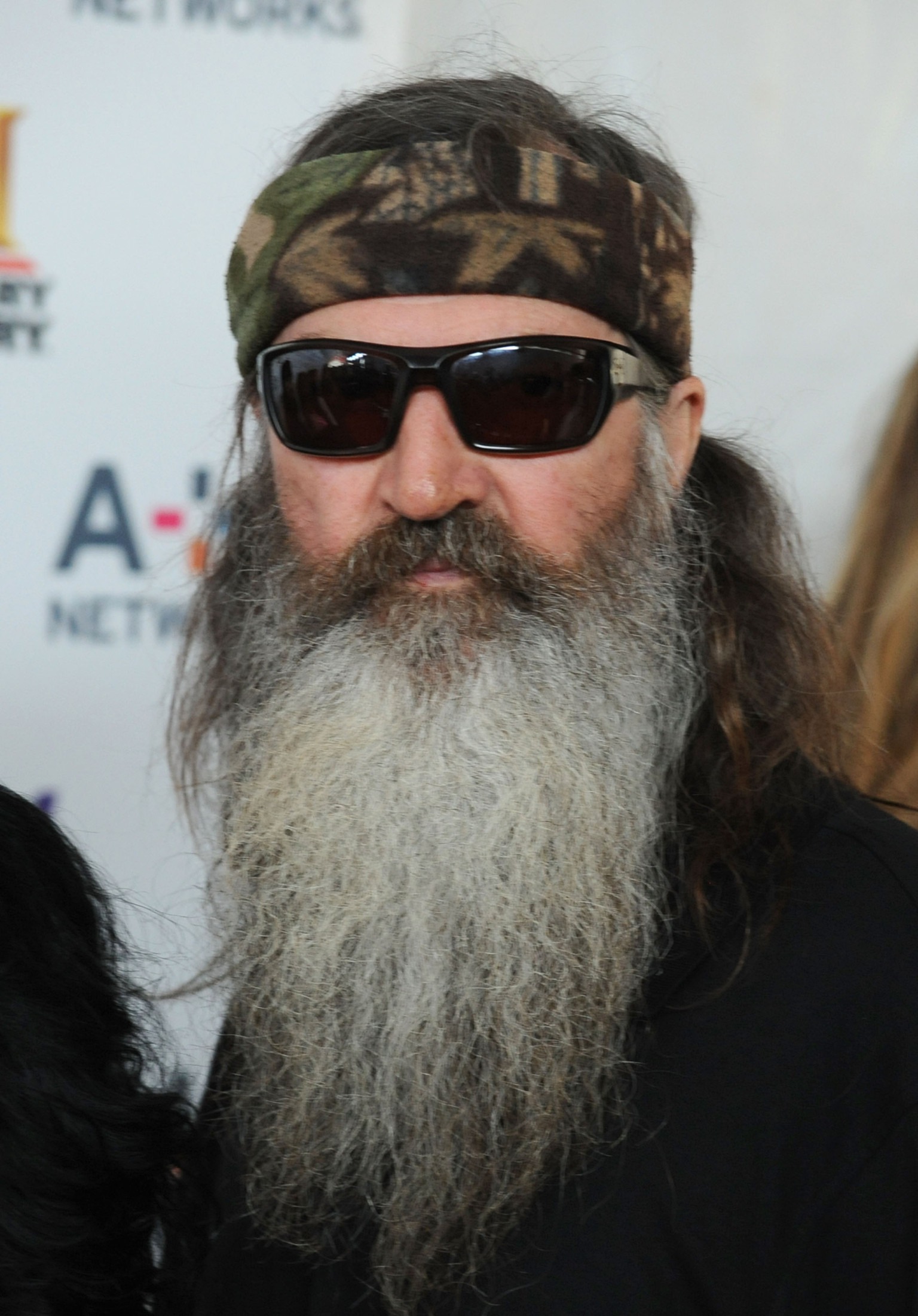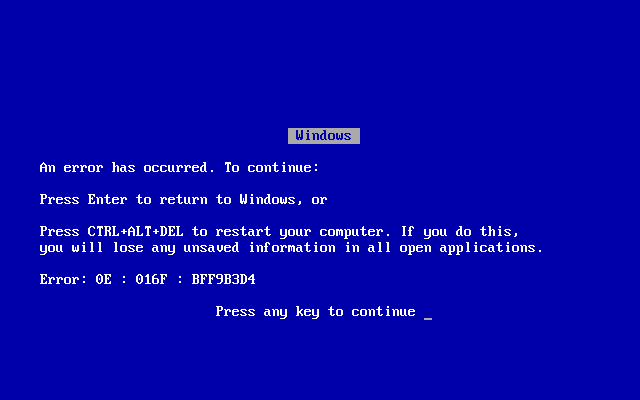Except for all the times I judge people for being wrong.
But we need to have a little conversation about First Amendment rights. Because you've probably heard about Phil Robertson (the dude with the beard on Duck Dynasty. No not that dude with the beard, the other dude with the beard).
That dude with the beard.
He made some comments about the Bible and TEH GAYS and TEH BLACKS and lots of people got really offended. We're not going to talk about that part because my thoughts on people who make offensive racist/homophobic comments are pretty well known. But then A&E put him on indefinite suspension for those comments and lots of other people got offended. Because FREE SPEECH.
Now, I don't pretend to be a Constitution expert, except insofar as I spend most of my time following politics pretty closely and carry a Pocket Constitution in my backpack like the BAMF that I am. But we need to have a discussion for anyone who thinks your First Amendment right protects you from being fired.
We can talk about the nebulous philosophical concept of freedom of speech, if you'd like, in another post. There is a comment section for a reason. But right now, we're going to talk about Freedom of Speech as it is outlined in the first amendment of the U.S. Constitution. This right protects you from the Federal government revoking your established right to freedom of speech.
"Congress shall make no law respecting an establishment of religion, or prohibiting the free exercise thereof; or abridging the freedom of speech, or of the press; or the right of the people peaceably to assemble, and to petition the Government for a redress of grievances."
That's a precise quote, if you're at all curious. The freedom of speech protected in the Constitution is a political right, not a philosophical right. So, unless your employer happens to be the United States Government, you don't get to go yelling about First Amendment Rights when they tell you you're not allowed to say it.
In particular, though I cannot speak to the exact clauses of the contracts in Duck Dynasty (snooping into private legal documents is not my forte), this case is likely a question of contractual obligations. It is not an uncommon practice for actors' or reality stars' contracts to contain clauses about the kinds of statements they can make in public related to a company's brand. If these clauses exist in any DD contracts, and A&E felt the statements made were antithetical to the channel's brand, they have every right as an employer to tell Mr. Robertson that he cannot say them and to punish him as they see fit (within the confines of the law).
Freedom of Speech protects you from government censorship. It does not protect you from the social or economic implications of saying something other people don't like.
Constitutionally yours,
Rachel Leigh







